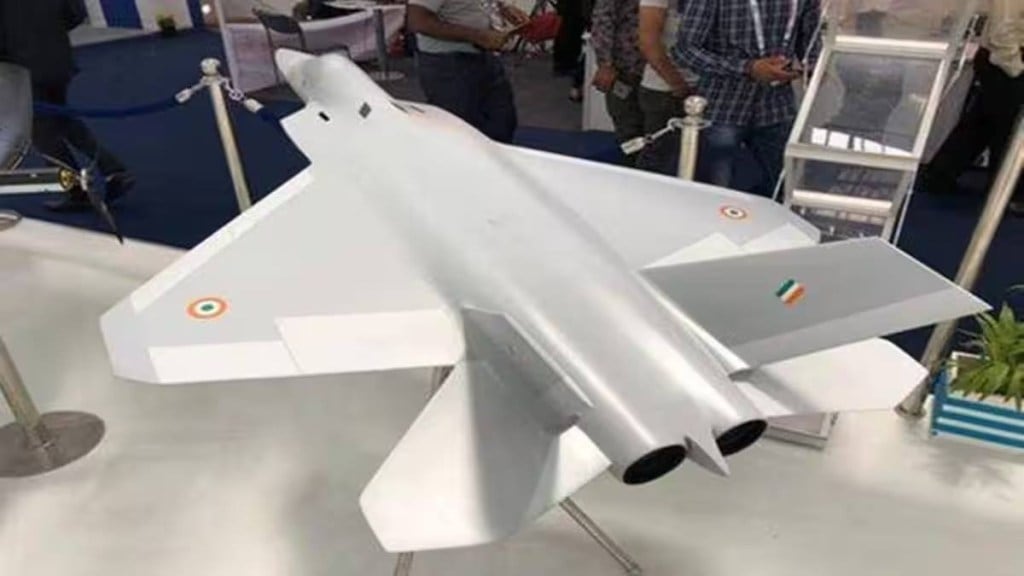Following the Rolls Royce corruption scandal that threatened to destabilise India’s defence industry, French firm Safran has been selected over UK’s Rolls Royce for the Advanced Medium Combat Aircraft (AMCA) engine.
However, no official contract has been signed with the French engine manufacturer Safran. At the end of bilateral talks between the leaders of India and France “Horizon 2047 Roadmap on the 25th Anniversary of the Indo-French Strategic Partnership: towards a century of French-Indian relations was adopted and issued.
This document mentions that the two sides have decided to work together in collaborating in sharing expertise to develop and design engines for fighter jets and helicopters.
In May 2023, India’s Central Bureau of Investigation (CBI) implicated Rolls Royce India Private Limited and BAE Systems in an alleged scheme to defraud the Government of India during the procurement of Hawk Aircraft. This led to severe concerns about India’s defence procurement processes and cast a harsh light on the roles foreign companies play in the nation’s defence sector.
Such a scandal had the potential to sway the decision for India’s next-generation AMCA project, which was in need of a new engine. It was understood that Rolls Royce was in close competition with Safran, the French engine maker. However, the recent allegations significantly influenced India’s decision, tilting it in Safran’s favour.
The procurement of Hawk aircraft was intended to modernise the Indian Air Force (IAF) and bolster its domestic aerospace industry, making this scandal’s impact potentially far-reaching. Repercussions may even alter relations with principal foreign suppliers.
While Rolls Royce and BAE Systems have pledged to cooperate with the Indian authorities and maintain their commitment to high ethical standards, Safran has emerged as the clear choice. The company, having thus far avoided such controversies, has strengthened its position in the Indian defence sector.
Safran’s engines already power several aircraft within the Indian military, and their selection for the AMCA project reinforces their standing. This decision is expected to not only shape the immediate future of India’s AMCA project but also potentially redefine the contours of India’s defence procurement landscape.

